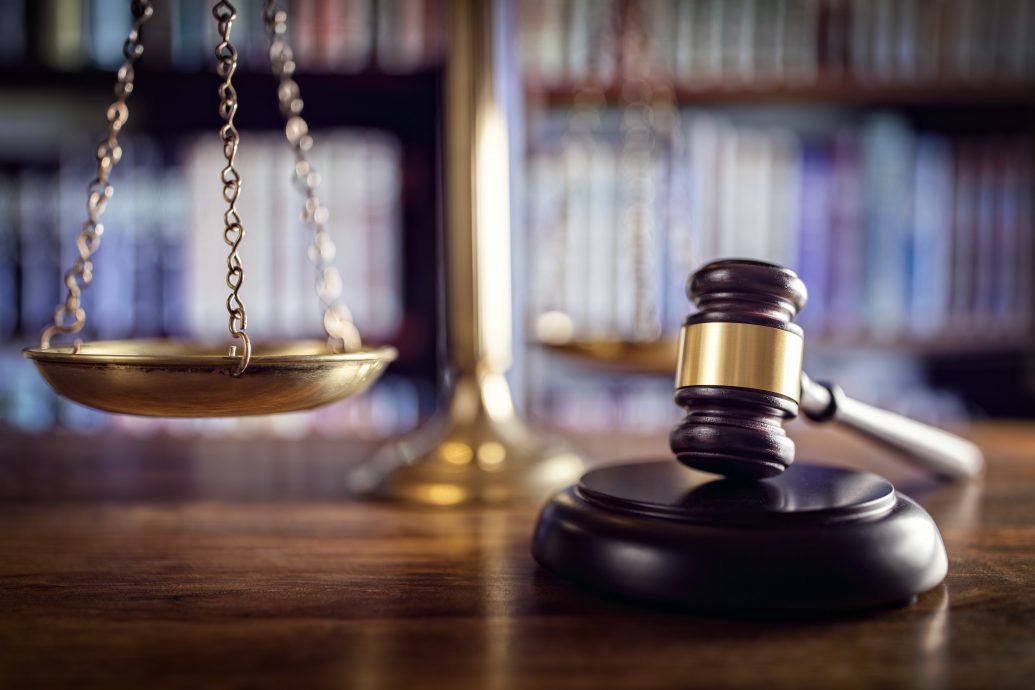Why Law Students Need to Learn More about Originalism
It would be educational malpractice not to teach antitrust law without explaining the consumer welfare model that generates most modern decisions in American competition law. Even if as a scholar you believed that the model was misguided, this would still be true. Law is a professional discipline and students should be prepared for the world as it is rather than what their professors fantasize it could be.
Similarly, it would be malpractice not to describe originalism as an important theory of constitutional interpretation. To be sure, it is not as dominant in constitutional interpretation as the consumer welfare model is in antitrust. But no one could doubt that originalism is growing in importance. First, Court opinions sometimes treat originalist arguments as decisive. Indeed, as even some commentators on the left recognize, it is sometimes essential for progressives to appeal to the purest originalists on the court, like Gorsuch, because they may break with other Republican appointees precisely because of their greater commitment to originalism. As Randy Barnett noted, from his testimony at the confirmation hearings Kavanaugh may well turn out to be a pretty thoroughgoing originalist.
And on issues of first impression, both Chief Justice Roberts and Justice Alito are also tenacious originalists, as the recent concurrence in the recess appointments case showed. Even Justice Elena Kagan claimed to be an originalist in her confirmation hearing, which I took to be a sincere claim that the original meaning figures into her interpretive method, even if it is not the exclusive method even on questions of first impression.
Beyond helping students to be advocates in particular cases, understanding originalism helps explain what is going on at the Court. Informed by originalism, students can comprehend why justices widely perceived as conservatives (like Antonin Scalia) reach results that political scientists code as liberal in important cases, like those related to criminal procedure. Perhaps most importantly, they would understand the underlying methodological battle going at the court — that is, whether or not originalism will be treated as the predominant rule of recognition for what is our fundamental law.
That is not to say that any professor should teach only originalism. Other kinds of argument often move many of the justices on the Court. But there is reason to believe that many professors are failing to give their students a fair minded introduction to originalism. The first is anecdotal. I have given talks at law schools across the country. I hear from students that originalism is generally given short shrift and Scalia opinions are often simply ridiculed. The second is sheer ignorance. Most constitutional law professors are not constitutional theorists and do not study originalism as part of their scholarly enterprise. It is all too easy then for political bias to lead them to denigrate or downplay a theory that has been associated with conservatism, when they are themselves, as studies show, likely to be left-liberals.
Thus, even non-originalist teachers should celebrate programs like the “originalism boot camp” at Georgetown University, taught mainly by originalists every summer. The spread of efforts like these will improve the understanding of originalism among students and enhance effective advocacy. Yet some professors are now complaining about the focus on originalism to the exclusion of other theories. The best explanation for such criticism is fear that more teaching of originalism may make this interpretive theory seem more attractive and thus more likely to become the predominant rule of recognition.
But in that case, professors are subordinating their pedagogical duties to their ideological interests.

